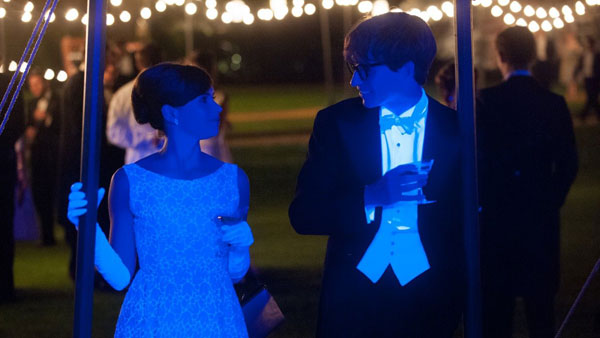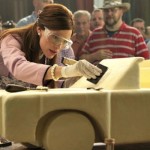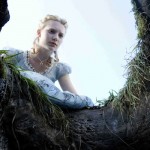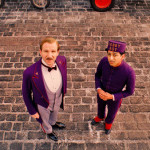The Theory of Everything Review
The Theory of Everything wants to be a serious, important film full of ACTING and EMOTION. It wants to weave together science, faith, and love in a way that’s accessible and touching. And it wants to prove that the human spirit can overcome anything.
All it really accomplishes is demonstrating that Benoît Delhomme is one of the most underrated cinematographers working today. Director James Marsh’s film is lovely looking, but it’s sorely lacking anything that doesn’t feel cliche, misleading, or inert. Eddie Redmayne is…fine. Felicity Jones is…fine. The screenplay, score, Marsh’s direction…all fine. But it’s hard to feel inspired watching this movie. Everyone seems like they’re going through the motions, hitting all the beats someone deemed necessary to make the audience feel some feels.
The film is a biopic chronicling some of the life of world-renowned physicist Stephen Hawking (Redmayne). We meet him as a young student, brilliant but cocky. He’s interested in finding a unifying “theory of everything,” something that binds the laws of quantum mechanics (micro) with the laws of general relativity (macro), when he meets Jane Wilde (Jones), a God-fearing young woman who clicks with Hawking despite their opposing sets of values.
Not long after their meeting, however, Hawking collapses. His doctor tells him he’s suffering from a motor neuron disease (one that’s similar to ALS) which will rob him of all muscular function but leave his brain unaffected. He’s given two years to live. Wilde is offered an out, but she won’t have it. She does love Stephen and vows to be with him, care for him for as long as they have together. So they marry and have a few children, and Stephen continues his work—physically handicapped but as mentally sharp as ever—unlocking the mysteries of the universe.
The film is at its best when it’s simple. Its first 20 minutes tell a delicate story about a man and woman laying the groundwork of a relationship with potential. Two gentle souls date, meet their families, and learn about the other’s interests. It’s nothing new, but it’s very well-executed.
Perhaps that’s why the rest of the film’s running time—when you’re being blugeoned to death by overcooked ham—feels interminable. From the moment Hawking is diagnosed, the film falls into a series of predictable and socially regressive traps. Conversation about a suffering wife’s faithfulness? Check. Diminishing complex science by using everyday objects as examples? Check. “Love conquers all” platitudes? Check.
But those platitudes (handled so uniquely in Interstellar…seriously, anyone doubting Nolan’s ability to script emotional plausibly need only watch this film to observe the power of what he pulled off) are unproven before the film even reaches its conclusion. A Brief History of Time—Errol Morris’ great Hawking doc—went there, but I wasn’t sure Marsh and company would. That said, every line is phrased in a way that prevents the audience from feeling anything other than exactly what the filmmakers want them to. The Theory of Everything‘s final act could have been really interesting, but all that is eschewed for overcoming-the-odds biopic sappiness.
Eddie Redmayne gives a performance that’s impressive physically, but his Hawking, even in older age, is just a boy. It’s disappointing because Hawking’s life is such an astounding one, and this film covers more than thirty years, yet Redmayne never lends his character the gravitas the film’s second half so desperately needs.
Felicity Jones is better than her co-star on that front, but she’s let down by a screenplay that never sees her character as more than a facilitator. She helps a (male) genius do his genius work, but when she’s afforded a chance to talk about something other than her husband or the man she’s accused of being unfaithful with, she is forced to demonstrate scientific principles on the level of a fifth-grader.
Technically, the film features some great cinematography, as I’ve mentioned, as well as a decent, delicate score from composer Jóhann Jóhannsson. But ultimately, there’s very little inspiring about The Theory of Everything. It’s content being a straightforward biopic because it assumes its emotional power is enough to overcome the trappings of the genre. It doesn’t, and its startling lack of originality makes it come across as lazy. What a shame.

















Pingback: Stephen Hawking’s Birthday, and Why Geniuses Can Be Idiots Like the Rest of Us | Seeing What Sticks